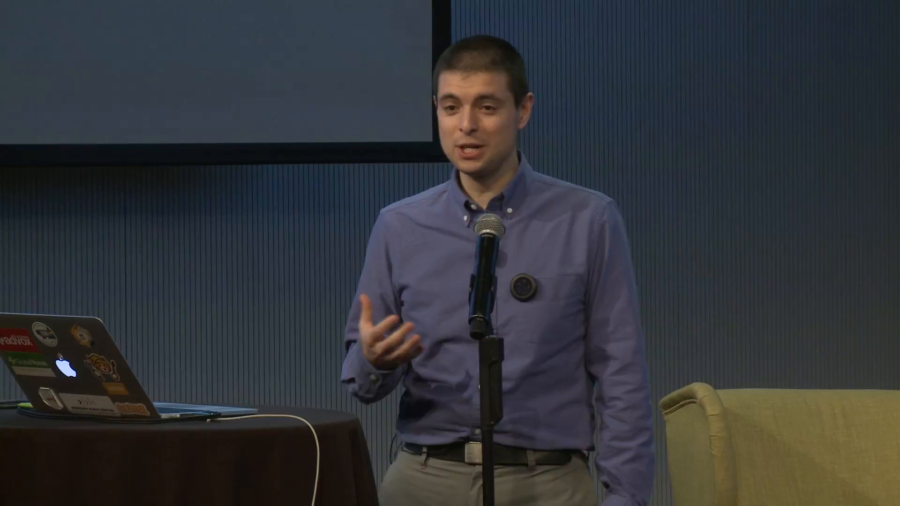In a series of short talks we’re going to share examples of some of our past and upcoming work, alongside examples from our parent organization Global Voices. But I want to start by saying something about how we go about our work.
Archive
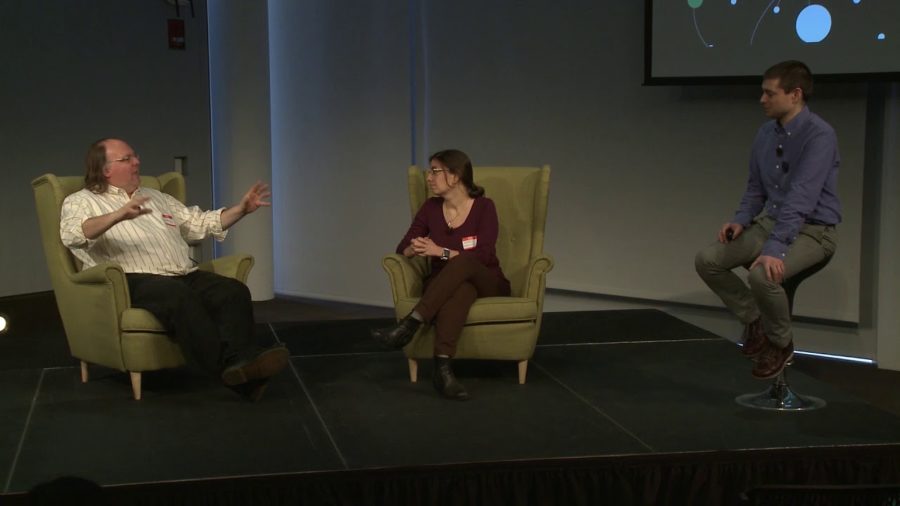
One of the things I found interesting about both of your conversations is that as we start to see code becoming a powerful force in society, we’re no longer just trying to change laws but we find ourselves—just as we’re citizens trying to encourage the government or congresspeople to change laws—we’re now standing outside of companies saying well, there’s code that affects our lives.
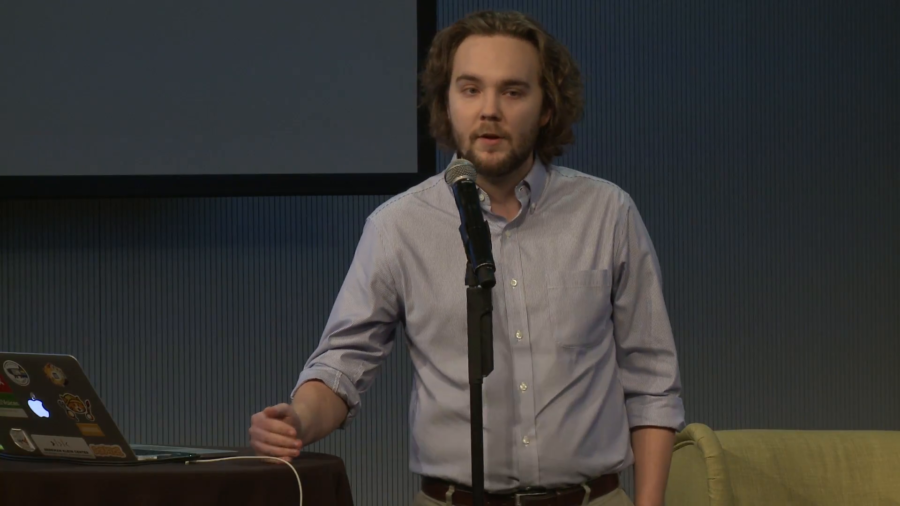
Liberal users comprise a larger percentage of these r/politics users, while conservatives will comprise a smaller percentage. Through those users and through their voting, they can control what is seen and what is not seen. So a liberal user, as a block, will downvote more often than not something they don’t agree with necessarily.
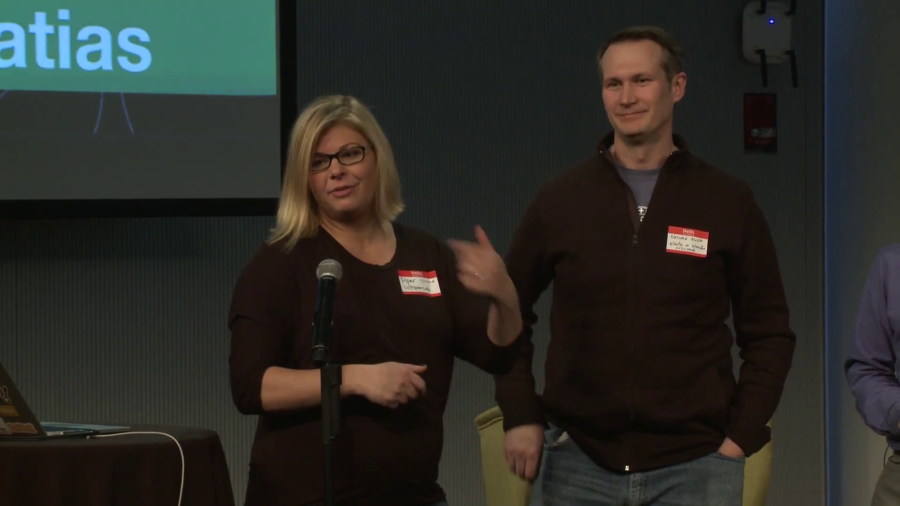
r/science is really the largest science forum on the Internet. We say that we have more than 18 million subscribed users. For a point of reference, the total combined subscriber base of the top ten newspapers in the United States is around ten million.

I want you to know that in this slide there is more than just a dumpster fire. There are also people in suits who are training and dedicated to manage that fire.
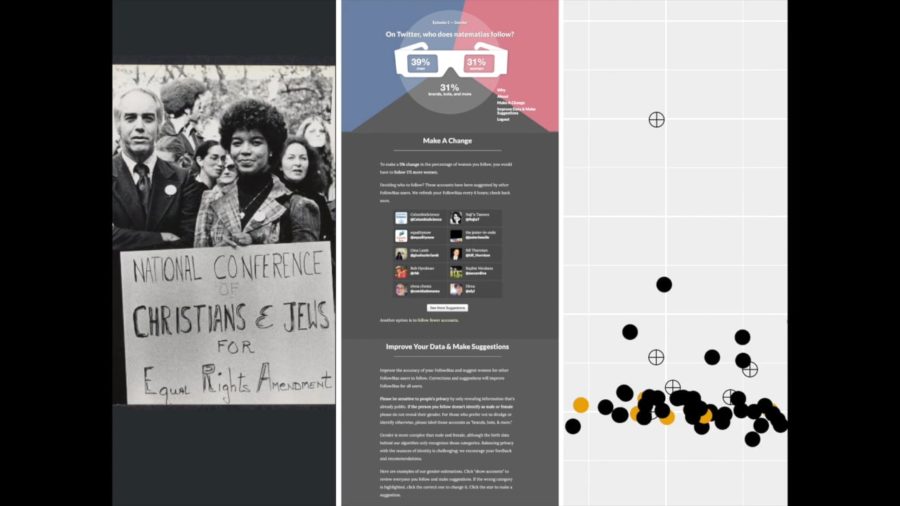
In 2011, the cultural critic Emily Nussbaum reflected on the flowering of online feminism through new publications, social media conversations, and digital organizing. But Nussbaum worried, even if you can expand the supply of who’s writing, will that actually change the influence of women’s voices in society? What if online feminism was just an echo chamber?
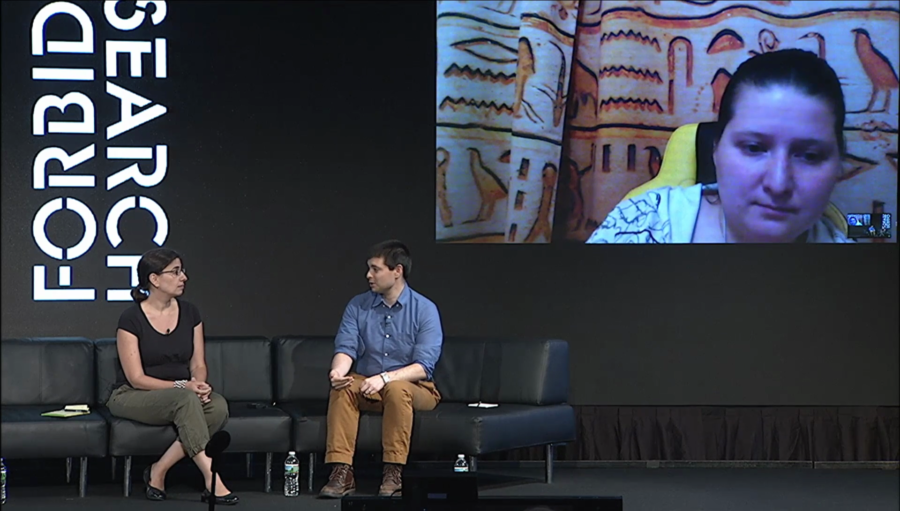
Quite often when we’re asking these difficult questions we’re asking about questions where we might not even know how to ask where the line is. But in other cases, when researchers work to advance public knowledge, even on uncontroversial topics, we can still find ourselves forbidden from doing the research or disseminating the research.

